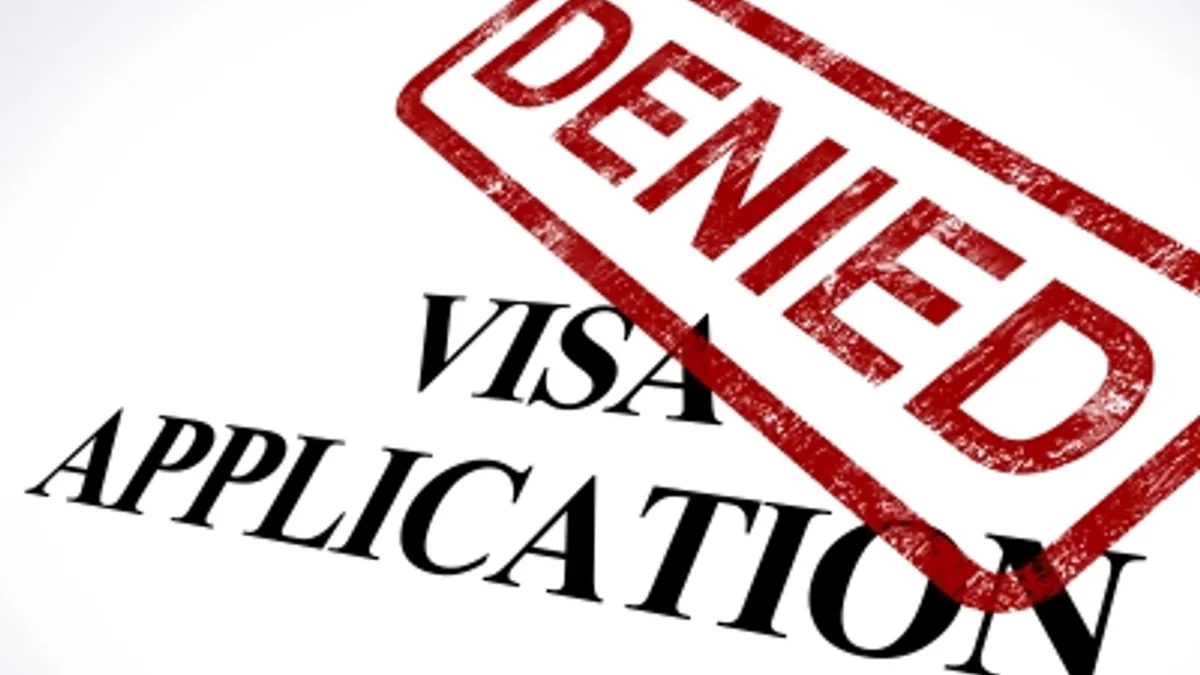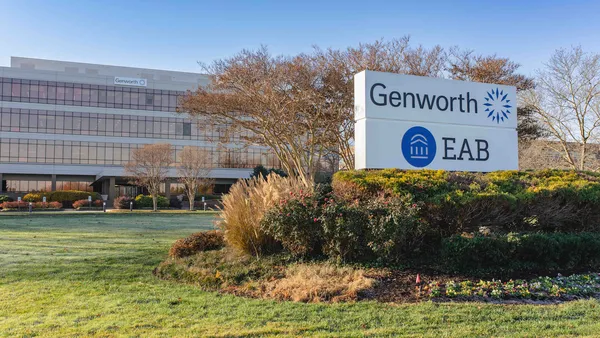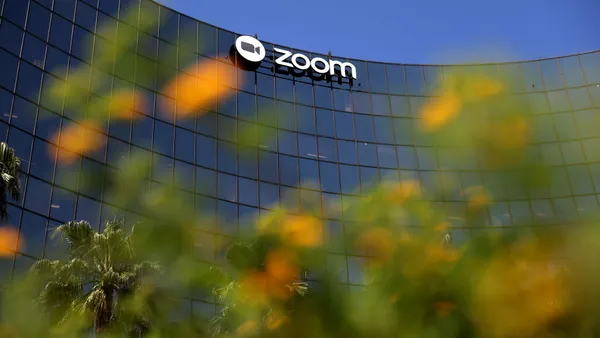Dive Brief:
-
Despite the fact that the H-1B visa program was designed to attract foreign workers with skills unavailable in the U.S., large consulting firms — often based out of India — still apply for large numbers of visas for workers to fill rudimentary jobs at large U.S. tech companies, according to a Bloomberg report.
-
Cisco Systems Inc., for example, applied for about 3,000 H-1B visas for high-level, well-compensated positions in 2016, Bloomberg reports. But Indian outsourcing firms also submitted thousands of visa requests on behalf of Cisco for jobs requiring little specialized knowledge with average salaries about 25% lower than the jobs Cisco applied for directly.
- Because Indian IT staffing firms typically don't mention who a contractor will work for when recruiting, such data can be hard to come by and provide an incomplete picture of where H-1B workers actually end up, according to the report.
Dive Insight:
Cisco's H-1B visa program use has raised eyebrows for years as the company lays off employees at the same time executives push hard to expand the H-1B program, according to the report. Other tech companies, including Google, Facebook, PayPal and Microsoft follow a similar protocol.
But that could all be coming to an end. In April, President Donald Trump signed an executive order calling for "strict enforcement" of labor laws for workers coming to the U.S. and that could mean companies relying on the H-1B program for access to talent may need to consider evolving their business models.
Large India-based consulting companies were the leading employers of H-1B visa holders for the last three years. The departments of State, Homeland Security, Labor and Justice have until November to review the H-1B policy and recommend changes to the Trump administration.













